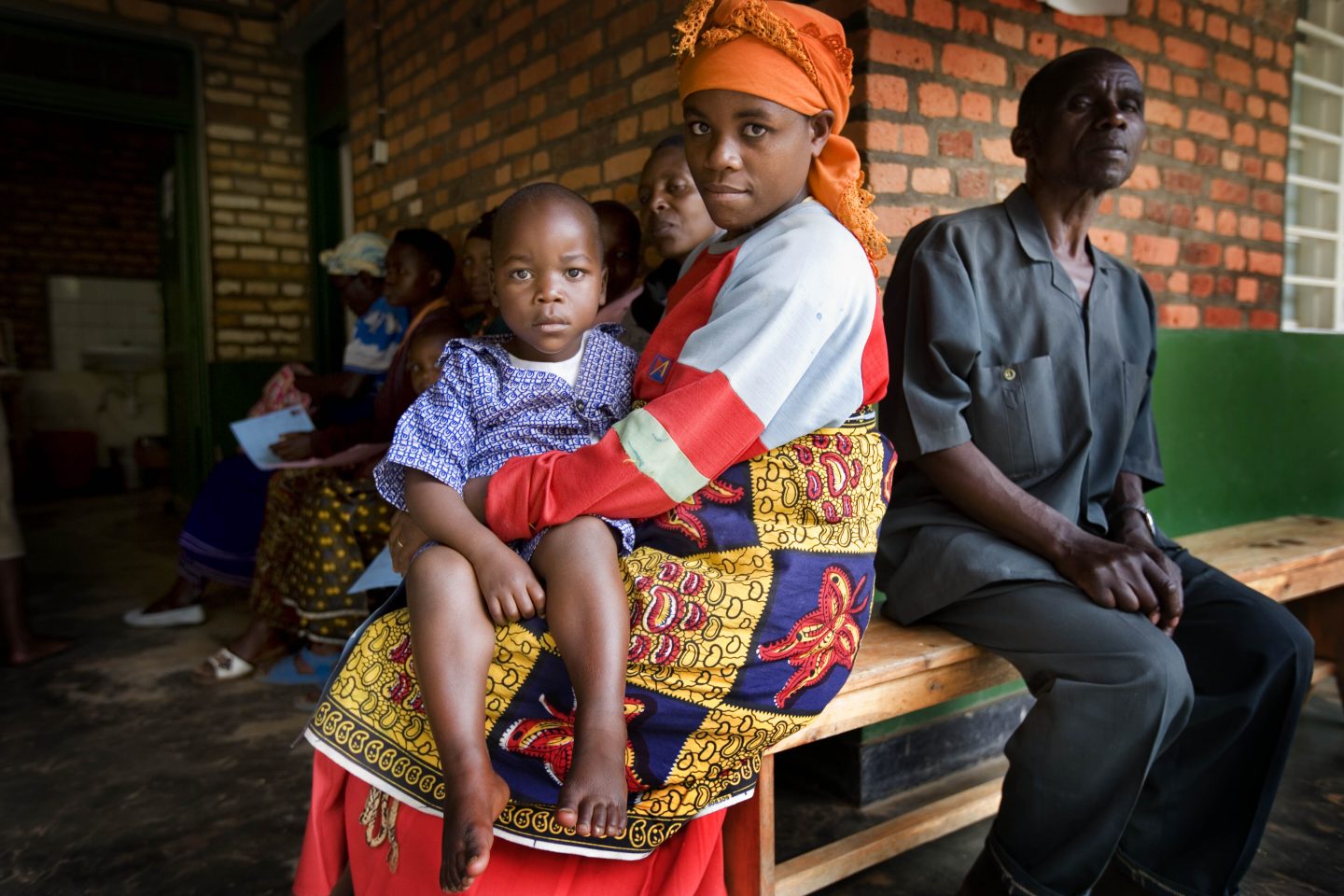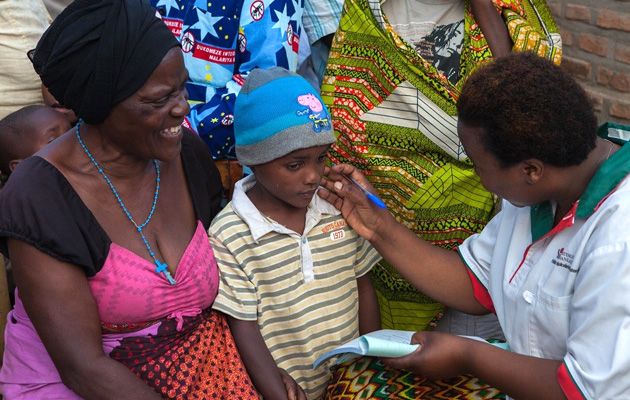Rwanda



Country Contact
Marie Rose Kayirangwa, Country Director
Tel. 250 788 381 188
Gasabo, Kacyiru, KG 563 St Road
Golf View Rise Building, 3rd Floor
Kigali, Rwanda
Current and Recent Donors
Gates Foundation
CDC Foundation
Clinton Health Access Initiative
Enabel
USAID
U.S. Department of Defense
U.S. President’s Malaria Initiative
Since 1989, we’ve been improving the quality of health care for Rwandans.
- More than 481,000 men and boys have received voluntary medical male circumcision services, thereby benefiting from this procedure’s protective effect against HIV infection.
- The use of data “dashboards” at health care facilities has led to improvements in quality of care and increased access to services. At one Jhpiego-supported facility in Nyaruguru District, for example, this innovation led to a 50% increase in the number of pregnant women attending all four recommended antenatal care visits.
- Jhpiego provided technical support to the Ministry of Health’s Malaria and Other Parasitic Diseases Division to conduct a high-level malaria program review to develop recommendations and identify priority areas for the Malaria Strategic Plan 2020–2025.

Our Work in Rwanda
Tubeho – Integrated Service Delivery Activity
This five-year project, led by Jhpiego and funded by the U.S. Agency for International Development, aims to accelerate reductions in maternal, newborn and child morbidity and mortality. The project is partnering with the Government of Rwanda and strengthening the capacity of Rwandan institutions and organizations to improve access and use of quality, evidence-based, respectful maternal, newborn, child and adolescent health (MNCAH) as well as services for malaria. In addition to Jhpiego, the consortium includes Partners in Health/Inshuti Mu Buzima, Society for Family Health, Zenysis, Rinda Ubuzima and four Rwandan Professional Associations: the Rwanda Association of Midwives, Rwanda Society of Obstetricians and Gynecologists, Rwanda Pediatric Association and Association of Private Pharmacists. The anticipated project results are: 1) increased access to, availability and use of evidence-based, quality and respectful MNCAH and malaria services; 2) capacity of host-country institutions, local organizations and providers to sustainably deliver evidence-based, quality MNCAH and malaria services are strengthened in alignment with national priorities and global standards and respond to emerging health threats; and 3) increased use of adaptive learning and evidence in MNCAH and malaria programming.
Strengthening Global Event-Based Surveillance Capacity
Jhpiego is providing technical assistance to support event-based surveillance in Rwanda to carry out a range of complex epidemiologic and surveillance activities associated with event-based surveillance systems and alert and response operations at Rwanda Biomedical Center. This work is funded by the CDC Foundation.
The people we serve
Country Contact
Marie Rose Kayirangwa, Country Director
Tel. 250 788 381 188
Gasabo, Kacyiru, KG 563 St Road
Golf View Rise Building, 3rd Floor
Kigali, Rwanda
Current and Recent Donors
Gates Foundation
CDC Foundation
Clinton Health Access Initiative
Enabel
USAID
U.S. Department of Defense
U.S. President’s Malaria Initiative
